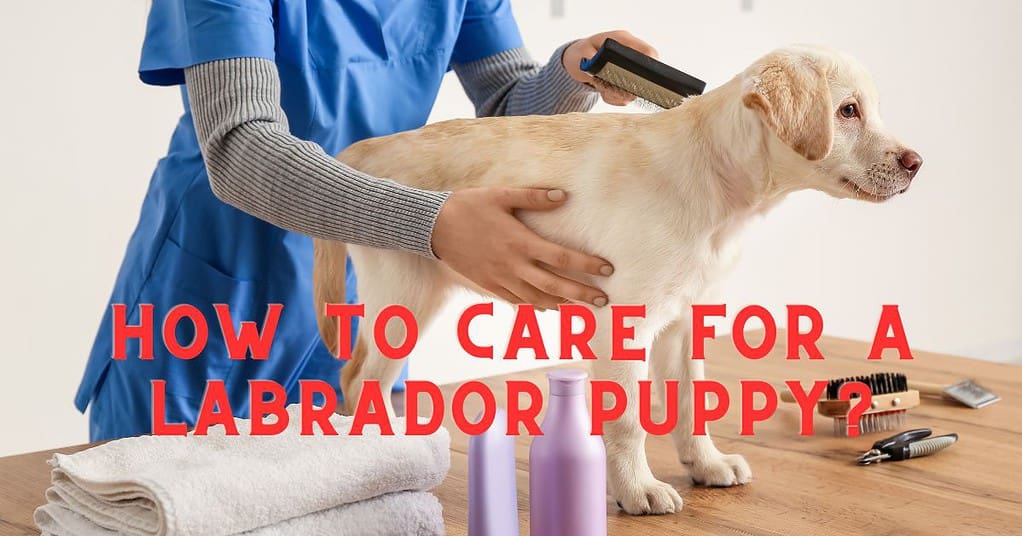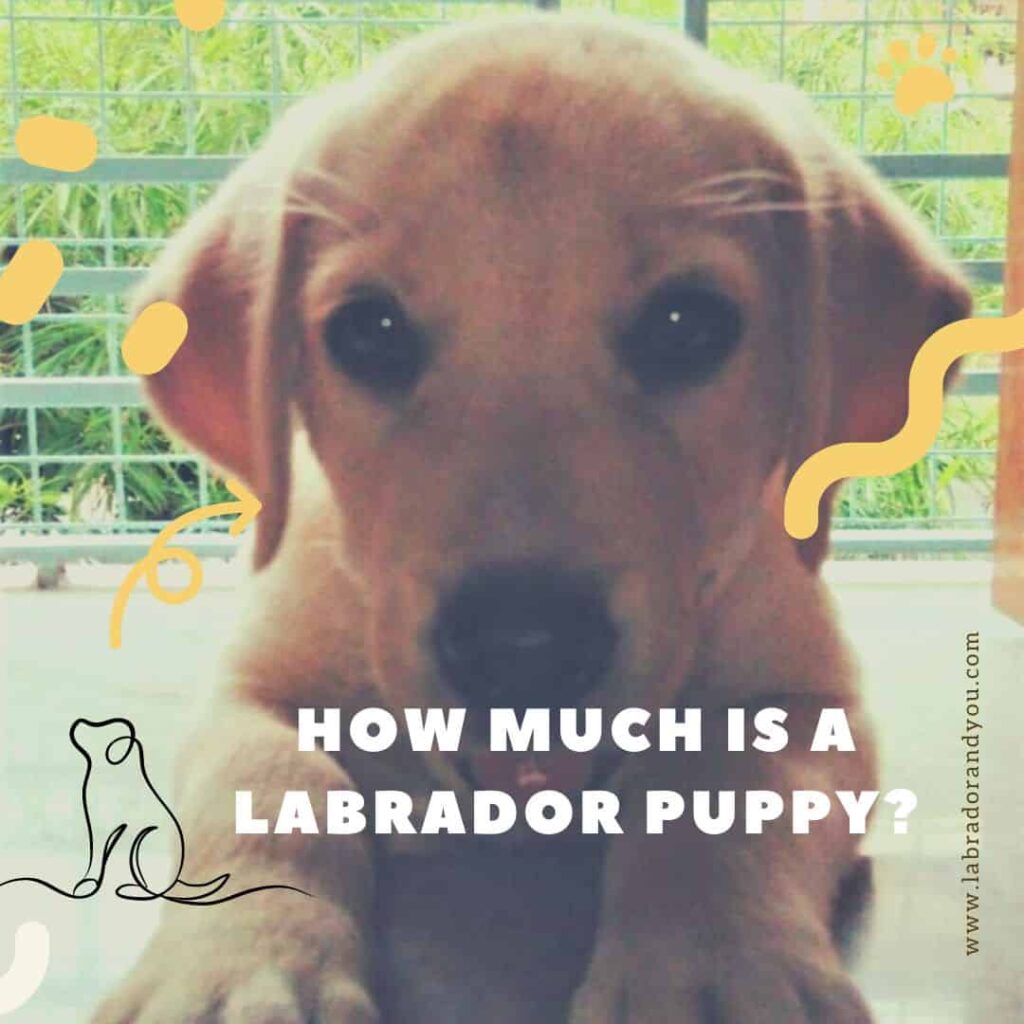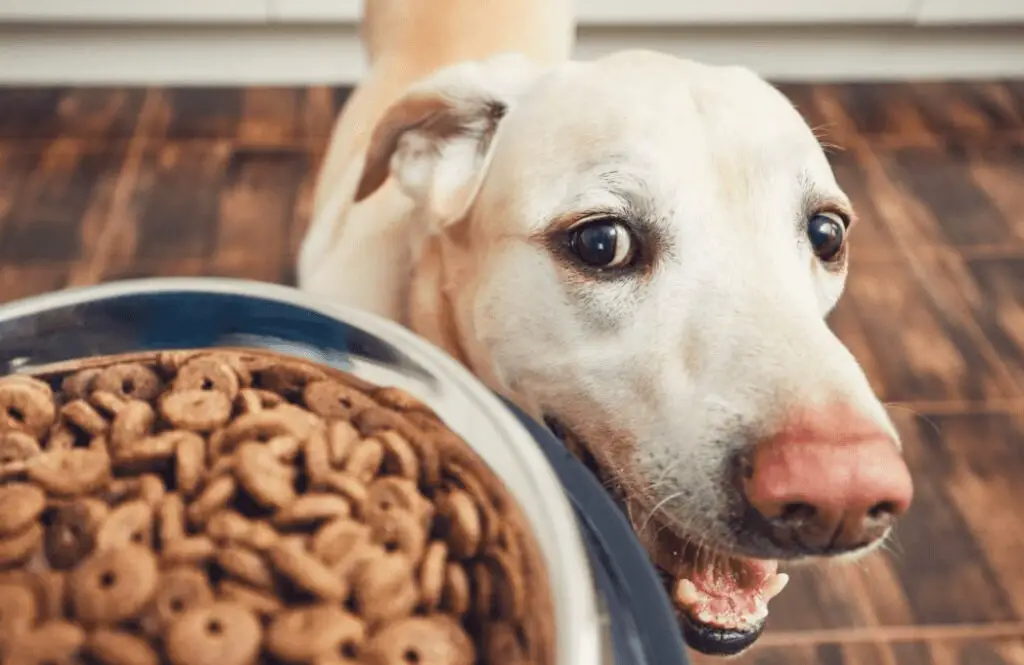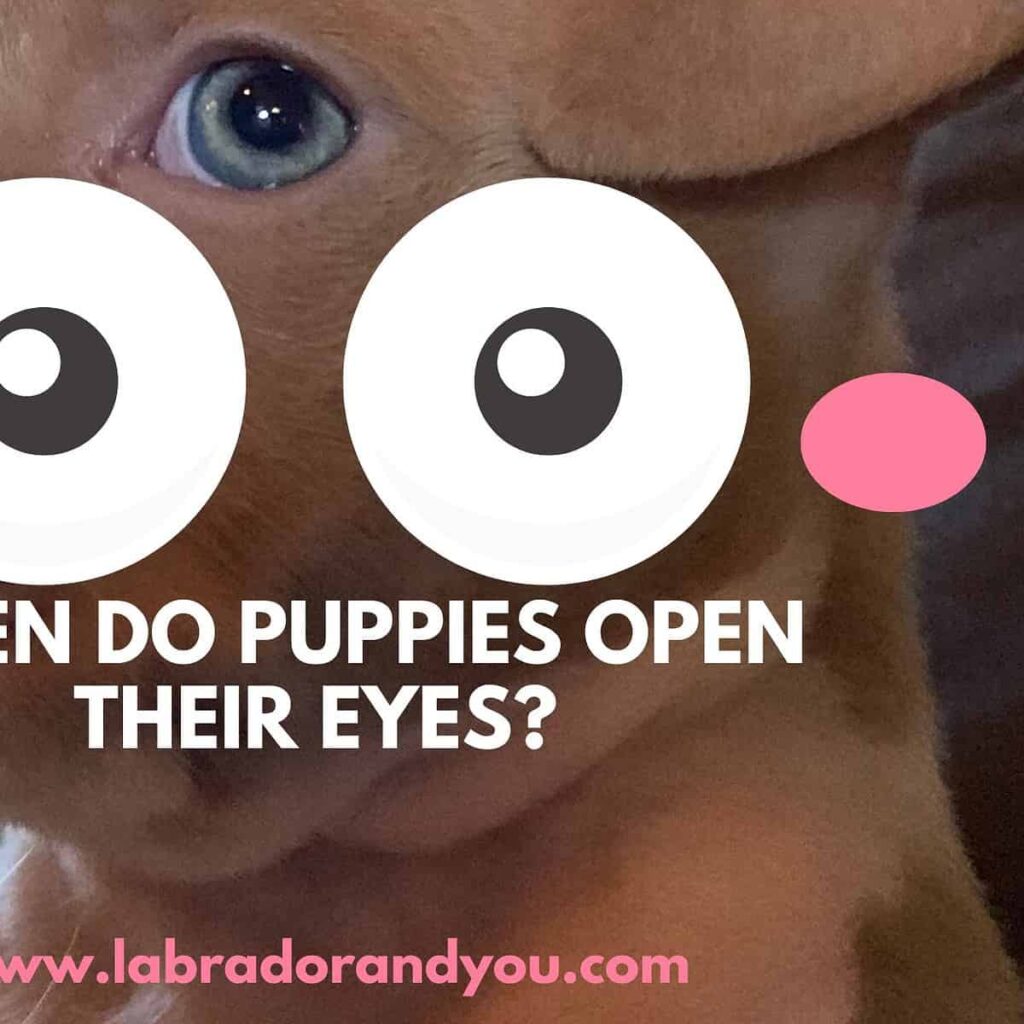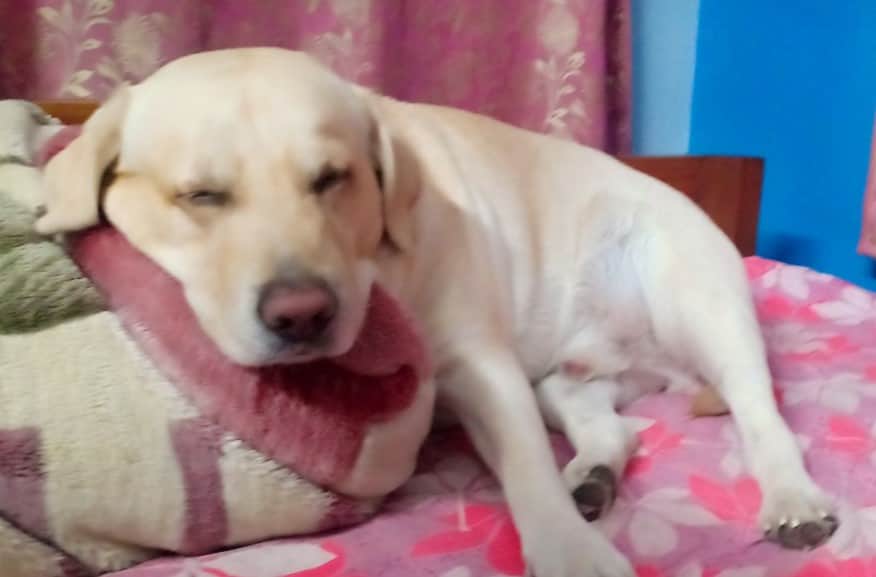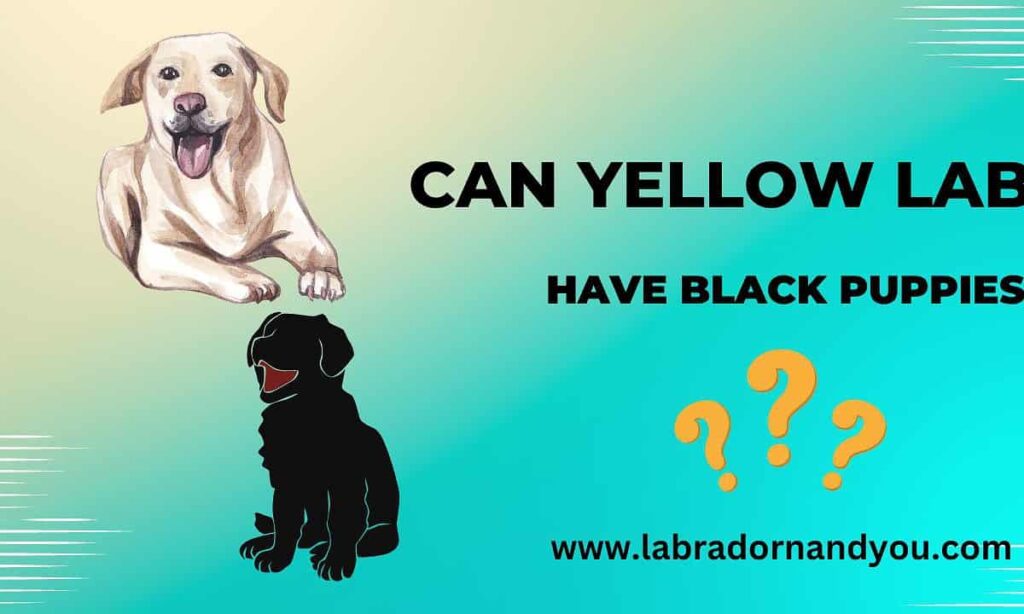Puppies commonly experience hiccups due to factors like quick consumption of food or drink, excitement, fatigue, or cold exposure. Even throat irritation can induce hiccups. Despite their ubiquity in puppies, adult dogs, and humans, the precise reasons behind this harmless yet intriguing phenomenon remain an area of scientific study.
Can puppies get hiccups?
Yes, just like other mammals get hiccups and human hiccups, puppies can get dog hiccups. It’s a natural bodily function when the muscle diaphragm contracts involuntarily. It can even happen in the mother’s womb.
Dog hiccups are harmless and often resolve independently, but they can be uncomfortable for your puppy.
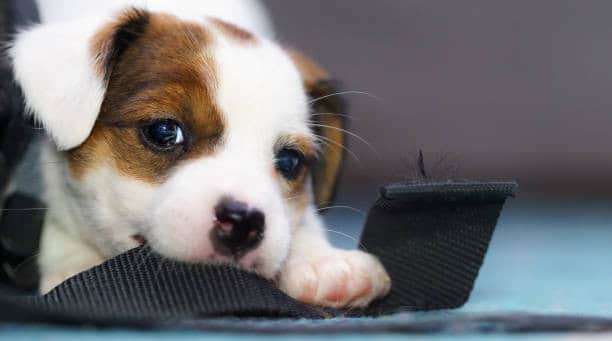
Dog Hiccups: why do puppies get hiccups?
The exact cause of dog hiccups is unknown, but potential factors may include:
- Eating dog food or drinking water too quickly
- One theory points out ingesting more air due to over-excitement or stress
- Overly tired from energetic play
- Gastrointestinal issues, such as stomach gas, indigestion or acid reflux, due to spicy food
- Swallowing air while the dog eats or dog drinks
- Aiding an upset tummy or relieving gas
- Body testing of the breathing muscles
What is a dog hiccup? are hiccups bad for dogs?
Dog hiccups are caused by spasms of the diaphragm muscle in the dog’s chest. This muscle controls the dog’s breathing pattern.
The dog breathes in sharply when the breathing muscles contract suddenly, causing stomach distention. It results in the characteristic “hic” sound. There are several factors may trigger hiccups:
- Immature nervous system: Puppies’ nervous systems are still developing, which may make them more susceptible to hiccups.
- Small stomach size: Puppies have smaller stomachs than adult dogs, so they may be more prone to overeating or eating too quickly.
- Growth spurts: Puppies grow rapidly, which may strain their bodies and increase the likelihood of hiccups.

how to get rid of puppy hiccups?
Although dogs can experience harmless hiccups, attempting to stop them by tongue pulling can lead to discomfort for your beloved pet.
Fortunately, several effective remedies are available to help soothe your puppy’s hiccups.
Calming your pup
- Gently pet your puppy to calm their shorter and shallower breaths.
- Give them a warm hug so that the diaphragm relaxes.
- To help your puppy relax, speak to them in a calming, gentle tone.
- Encourage walking or light exercise.
Rice, Grains, & Bread
- Feed your pup with smaller portions of cooked rice or grains.
- Avoid large meals and spicy food.
- Give them a small piece of bread to chew on to stop building excess gas.
Drinking Water
- Help your pup to drink water, which can help soothe dog hiccups.
- Make sure that the water is at room temperature.
Liquid Sweets
Give your pup a small amount of honey or maple syrup. Dilute it with water and feed it to your puppy with a dropper.
Slow Feeder Dog Bowls
Slow-feeder dog bowls are designed to have ridges, dividers, or mazes to slow down the eating process. These bowls can help reduce overeating and promote healthy digestion.
It can prevent hiccups or stomach gas in dogs. Slow-feeder bowls come in different shapes and sizes. Therefore, choosing the one that fits your puppy’s breed and size is essential.
When to Be Concerned About Your Puppy’s Hiccups?
As responsible pet parents, knowing when to be concerned about your dog’s hiccups and pet’s health is essential.
How long do hiccups last?
Just like babies, puppies tend to get hiccups more frequently than adult dogs. A diaphragm spasm in the chest cavity causes hiccups.
It is triggered by various factors, such as excitement, stress, overeating, or when dogs swallow air. Puppies dissipate the hiccups on their own within a short period.
If your puppy experiences hiccups that last longer than a couple of hours or occur more frequently, it could indicate an underlying medical issue.
Some potential causes of prolonged hiccups in small puppies include an upset stomach, gastroesophageal reflux disease (GERD), esophageal inflammation, or a respiratory infection.
In such cases, contacting your vet for a proper diagnosis and treatment is best to eliminate dog hiccups.

When to contact a vet?
As mentioned earlier, hiccups in dogs are usually harmless. As the dog ages, it can eliminate dog hiccups on its own. However, if pet owners notice any of the following symptoms along with the puppy’s hiccups, it’s best to contact your vet immediately:
- Vomiting or diarrhea
- Lack of appetite or lethargy
- Irregular or difficult breathing pattern with a wheezing sound
- Pale gums or tongue
- Swollen or painful abdomen
These symptoms of fetal hiccups could indicate a severe health issue, such as intestinal obstruction, respiratory infection, or infection in the vocal cords. They require immediate medical attention.

FAQs on why does my puppy get hiccups?
Is it bad if my puppy gets hiccups a lot?
No, it is harmless and common in dogs. They learn to regulate their calm irregular breathing.
Why do puppies get hiccups at night?
Hiccups can occur for various reasons, including overeating, excitement, or changes in temperature, which may be more common at night.
Can you tell if a puppy has a fever by touch?
Touch alone may not accurately determine if a puppy has a fever. The best method is using a thermometer to check for a fever accurately.
When should you be concerned about your puppy’s hiccups?
If hiccups persist for an extended period, are accompanied by other symptoms, or seem painful for your puppy, consult your veterinarian.
Is it normal for puppies to get hiccups a lot?
Yes, it is normal for puppies to get hiccups frequently as they develop and grow.
Are hiccups painful for puppies?
Hiccups may be uncomfortable, but they are not typically painful for puppies.
Do puppies hiccup when stressed?
Stress can cause hiccups in puppies, just like human hiccups, but it is not the most common cause.
Can worms cause hiccups in adult dogs?
Worms are not a common cause of hiccups in puppies or dogs.
How long should puppy hiccups last?
Typically, puppy hiccups last a few minutes and are not concerning unless they continue for an extended time.
When should I be concerned about my dogs hiccups?
If hiccup bouts last long or are accompanied by other symptoms, such as coughing, vomiting, or loss of appetite, contact your veterinarian.
Why does my dog have hiccups like spasms?
Spasmodic hiccups can occur due to irritation of the diaphragm or other underlying medical conditions.
Why does my dog keep hiccuping and gagging?
Hiccups can sometimes cause gagging, but if your dog is persistently gagging, it could be a sign of an underlying medical issue and should be evaluated by a veterinarian.
Author Profile
- Site Owner And Dog Lover
-
Aritra, the founder of Labradorandyou.com, is a lifelong dog lover whose passion ignited for Labradors for their loyalty and intelligence. With extensive research and personal experiences, Aritra has become a Labrador expert, offering a rich resource on the breed. Labradorandyou.com provides reliable, timely, and evidence-based information, including Labrador-specific product reviews, training techniques, and care tips.
Labradorandyou.com was born out of Aritra's passion and his desire to share his profound knowledge about the breed. The site serves as a comprehensive resource, offering a wealth of up-to-date information for Labrador owners and enthusiasts alike
Also by the author
-
 Lab-TypesNovember 17, 2023Old Dog Seizures: Causes, Symptoms, and Treatment Options
Lab-TypesNovember 17, 2023Old Dog Seizures: Causes, Symptoms, and Treatment Options
-
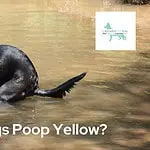 Lab-TypesNovember 17, 2023Why Is My Dogs Poop Yellow? 8 Reasons & Solutions
Lab-TypesNovember 17, 2023Why Is My Dogs Poop Yellow? 8 Reasons & Solutions
-
 ReviewsNovember 17, 2023The Only Hill’s Science Diet Review You Need To Read
ReviewsNovember 17, 2023The Only Hill’s Science Diet Review You Need To Read
-
 Lab-TypesNovember 17, 2023How To Adopt An Emotional Support Dog?
Lab-TypesNovember 17, 2023How To Adopt An Emotional Support Dog?
